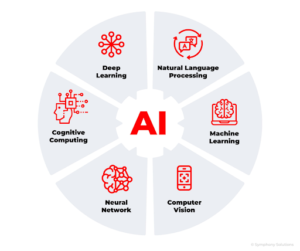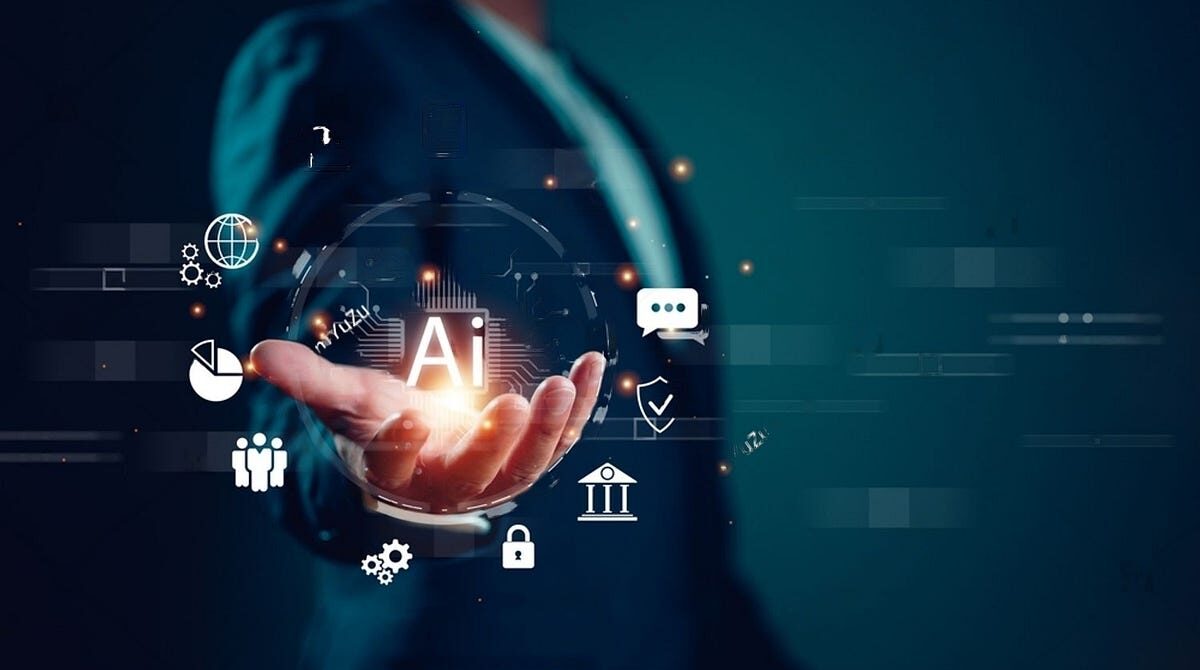What Tasks Can AI Automate?
AI can Automate Repetitive Tasks across various industries. Some common examples include:
- Data Entry and Processing: AI systems can quickly process large volumes of data, reducing errors and speeding up workflows.
- Customer Support: Chatbots and virtual assistants handle routine customer queries, providing instant responses and freeing up human agents for more complex issues.
- Scheduling and Calendar Management: AI tools can automate meeting scheduling, reminders, and calendar updates, ensuring seamless time management.
- Document Management: AI can automatically organize, sort, and retrieve documents, making it easier to manage large datasets.
How AI Automate Repetitive Tasks

AI can Automate Repetitive Tasks through a combination of machine learning algorithms, natural language processing, and robotic process automation (RPA). These technologies enable AI systems to learn from data, understand human language, and execute predefined tasks with high accuracy. For instance, an AI-powered RPA system can mimic human actions like logging into applications, entering data, and generating reports.
Challenges and Considerations
While the benefits of AI automation can be numerous, there are challenges to consider:
- Implementation Costs: Setting up AI systems can be expensive, particularly for small businesses.
- Security Risks: Automating tasks involving sensitive data requires robust security measures to prevent breaches.
- Job Displacement: There is a concern that AI automation may lead to job losses, particularly in roles centered around repetitive tasks.
Conclusion
In conclusion, AI automation offers significant benefits in the workplace by efficiently automating repetitive tasks. This not only enhances productivity but also allows employees to focus on more strategic initiatives. Embracing AI in the workplace is essential for organizations looking to streamline operations and drive innovation. As AI technology continues to evolve, its potential to transform how we work will only grow.
To read more articles, please visit below:













